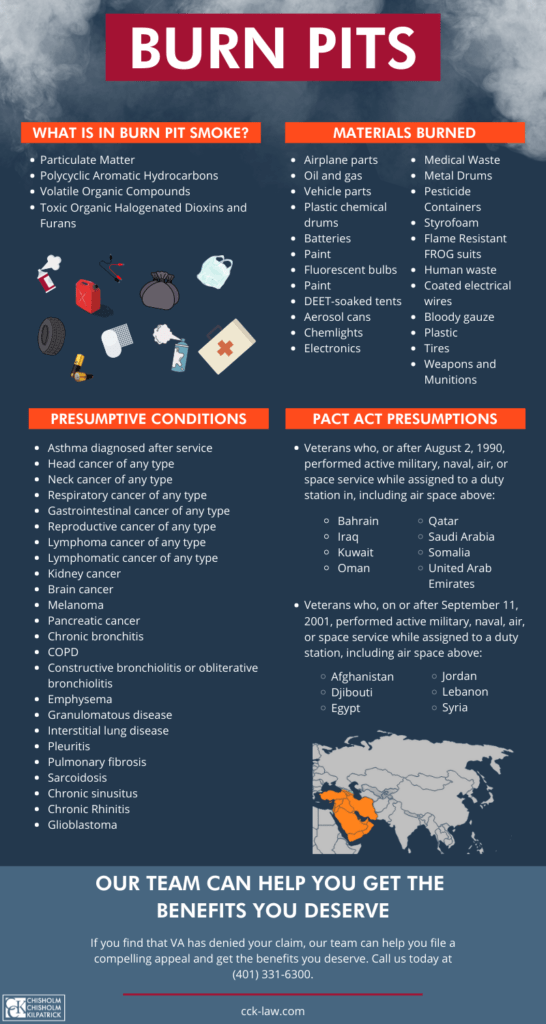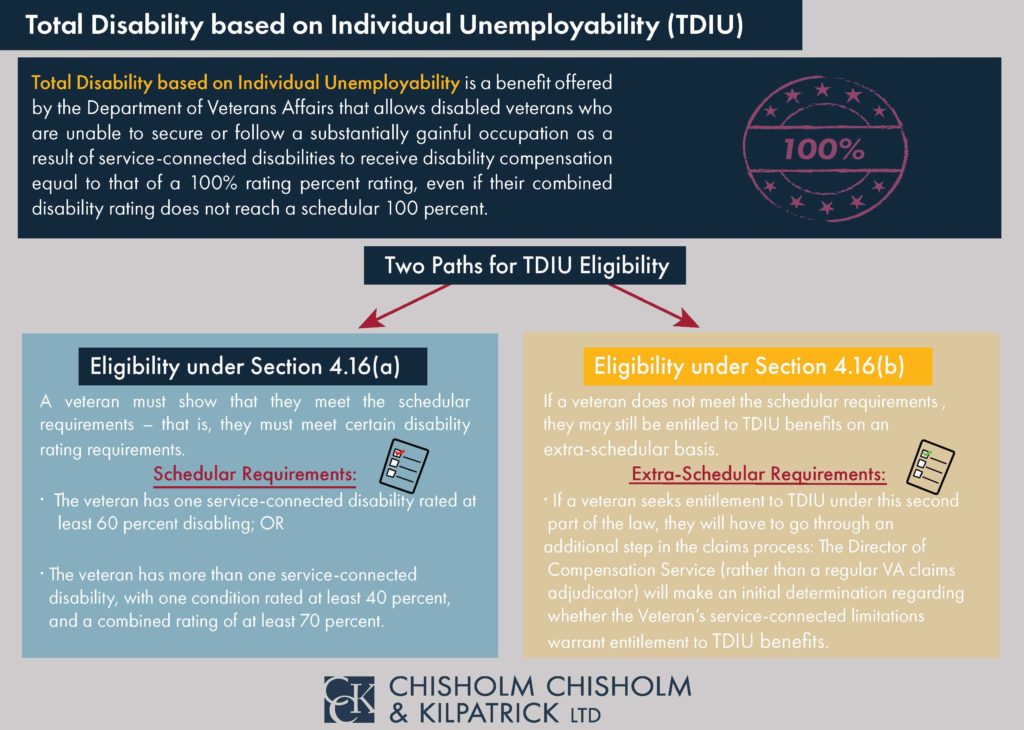VA Disability Ratings for Sinusitis

What is Chronic Sinusitis?
Chronic sinusitis occurs when the spaces inside your nose and head (i.e., sinuses) are swollen and inflamed for three months or longer, despite treatment. This condition is rather common and typically interferes with the way mucus drains, causing your nose to be stuffy. As such, breathing through your nose may be difficult, and the area around your eyes might feel swollen or tender. Common signs and symptoms include:
- Nasal inflammation
- Thick, discolored discharge from the nose
- Drainage down the back of the throat (postnasal drainage)
- Nasal obstruction or congestion, causing difficulty breathing through your nose
- Pain, tenderness, and swelling around your eyes, cheeks, nose, or forehead
- Reduced sense of smell and taste
- Ear pain
- Aching in your upper jaw and teeth
- Cough or throat clearing
- Fatigue
Chronic sinusitis and acute sinusitis have similar symptoms, but acute sinusitis is a temporary infection of the sinuses often associated with a cold. As such, it is not as debilitating and typically resolves on its own. Common causes of chronic sinusitis may include the following:
- Nasal polyps – tissue growths that block the nasal passages or sinuses
- Deviated nasal septum – a crooked septum (i.e., the wall between the nostrils) may restrict or block sinus passages
- Respiratory tract infections – infections in your respiratory tract can inflame and thicken your sinus membranes and block mucus drainage
Veterans may develop this condition as a result of their active-duty military service, in which case they may be entitled to VA disability benefits.

Service Connection for Chronic Sinusitis
Chronic sinusitis can be caused by any number of things that veterans may experience while serving on active duty. For example, a veteran may suffer facial injuries that result in a deviated septum, which then leads them to develop chronic sinusitis. In other instances, veterans may be exposed to air pollutants and toxins emitted from burn pits. Inhaling toxic substances such as asbestos and contaminants can lead to complications with sinus functioning in the future. Service connection for chronic this condition can be established in several different ways:
Direct Service Connection
To establish direct service connection for chronic sinusitis, veterans must demonstrate the following three elements:
- A current diagnosis by a medical professional;
- An in-service event, injury, or illness; and
- A medical nexus linking the current diagnosis of chronic sinusitis to the in-service occurrence.
For example, veterans can claim that their diagnosed chronic sinusitis is due to their burn pit exposure. In this case, a healthcare professional would have to provide an opinion stating that the veteran’s condition is “at least as likely as not” due to their in-service exposure.
Secondary Service Connection
A secondary service-connected condition is one that resulted from a separate condition that is already service-connected. If a veteran experienced a traumatic injury to their face that resulted in a deviated septum, they may be service connected for that condition. If the veteran then develops chronic sinusitis as a result of their service-connected deviated septum, service connection may be warranted on a secondary basis.
Presumptive Service Connection
Veterans who served in specified locations and time periods do not have to prove a connection between their sinusitis and service to be eligible for VA disability compensation. In these cases, VA presumes a link between service and the condition, meaning that the veteran does not need to prove a nexus.
Recently, the Honoring Our PACT Act has expanded the list of conditions eligible for presumptive service connection due to toxic exposure. A veteran may be eligible for this presumption if they have a diagnosis of sinusitis and meet the criteria for “covered veterans.”
A covered veteran is one who served:
- On or after August 2, 1990, with active military, naval, air, or space service while assigned to a duty station, including the airspace above:
- Bahrain
- Iraq
- Kuwait
- Oman
- Qatar
- Saudi Arabia
- Somalia
- United States Emirates
- On or after September 11, 2001, with active military, naval, air, or space service while assigned to a duty station, including the airspace above:
- Afghanistan
- Djibouti
- Eqypt
- Jordan
- Lebanon
- Syria
- Yemen
- Uzbekistan

Military Burn Pit Exposure and Sinusitis
Military burn pits are large areas of land that were used by the United States military to incinerate waste in places such as Iraq and Afghanistan in the post-9/11 era. Though the practice was effective in reducing large quantities of waste, the burn pits emitted large plumes of toxic smoke which was later found to cause many adverse health effects.
Waste materials commonly disposed of in these burn pits include:
- Human waste
- Medical waste
- Ammunition
- Paint
- Plastic
- Rubber
- Styrofoam
- Other toxic chemicals
- Spoiled food
- Lubricants
- Petroleum
At this time, there is little conclusive research on the long-term health impacts of burn pits. However, the main dioxin released by burn pits is called TCDD and was also one of the major toxins in Agent Orange.
New Particulate Matter Presumption
However, VA recently announced that as of August 2, 2021, it will begin processing disability claims for asthma, rhinitis, and sinusitis on a presumptive basis based on presumed particulate matter exposures. Veterans will only be eligible for this presumption if they meet certain criteria, including service in Southwest Asia and other specified areas and manifestation of asthma, rhinitis, or sinusitis within 10 years of a qualifying period of military service. Many veterans exposed to burn pits during their service and developed one of these three conditions may be able to seek service connection under this new presumption.
Specifically, the presumption impacts veterans who served in Afghanistan, Uzbekistan, Syria, or Djibouti between September 19, 2001 and the present day. It also encompasses veterans who served between August 2, 1990 and the present in the Southwest Asia theater of operations. The Southwest Asia theater of operations refers to the following areas:
- Iraq
- Kuwait
- Saudi Arabia
- The neutral zone between Iraq and Saudi Arabia
- Bahrain
- Qatar
- The United Arab Emirates
- Oman
- Gulf of Aden
- Gulf of Oman
- Persian Gulf
- Arabian Sea
- Red Sea
- The airspace above all these locations
Despite this new presumption, VA does not have a consistent approach to deciding these cases, so lay evidence from veterans is key to winning burn pit claims. Often, VA does not have a way of proving veterans were near burn pits, so statements from the veteran themselves or buddy statements can help provide necessary details.

Compensation and Pension (C&P) Exams for Sinusitis
Once a claim has been filed for sinusitis, VA may request a Compensation and Pension exam, or C&P exam. To do this, VA may call the veteran or send a letter. It is crucial that VA has your up-to-date contact information so that you do not miss any C&P exam requests. It is also very important to attend the exam, as failure to attend can result in a denial of the veteran’s claim.
The exam will usually be performed by a VA contracted physician. Before the exam, the examiner will review the veteran’s c-file. This will contain any documentation that has previously been submitted to VA, as well as the veteran’s medical and service records. During the exam, the examiner may physically examine the veteran and ask questions about the veteran’s symptoms or military service.
The veteran may also use a DBQ, or Disability Benefits Questionnaire, to bolster their claim. A Disability Benefits Questionnaire is a form created by VA so that the veteran may address important aspects of their condition, such as symptoms, severity, possible causes, and relation to other disabilities. The veteran may also have their private doctor fill out a DBQ for them. A private doctor who treats the veteran for the sinusitis may be able to provide VA with more detailed insight into the veteran’s condition through a DBQ.
How VA Rates Chronic Sinusitis
VA rates chronic sinusitis under 38 CFR § 4.97 according to the General Rating Formula for Sinusitis (Diagnostic Codes 6510 through 6514). The criteria are as follows:
- 50% – following radical surgery with chronic osteomyelitis, or; near constant sinusitis characterized by headaches, pain and tenderness or affected sinus, and purulent discharge or crusting after repeated surgeries
- 30% –three or more incapacitating episodes per year of sinusitis requiring prolonged (lasting four to six weeks) antibiotic treatment, or; more than six non-incapacitating episodes per year characterized by headaches, pain, and purulent discharge or crusting
- 10% –one or two incapacitating episodes per year of sinusitis requiring prolonged (lasting four to six weeks) antibiotic treatment, or; three to six non-incapacitating episodes per year characterized by headaches, pain, and purulent discharge or crusting
- 0% –detected by X-ray only
Importantly, an incapacitating episode of sinusitis refers to one that requires bed rest and treatment by a healthcare professional.
TDIU and Sinusitis
Veterans who are prevented from working because of their sinusitis may be eligible to receive a monthly VA disability benefit called total disability based on individual unemployability, or TDIU. This benefit compensates veterans at the 100 percent rating level, even if their disability rating may be less than that.
There are generally two pathways to become eligible for TDIU:
- 38 CFR § 4.16a (“Schedular”) – For this form of TDIU, the veteran must have:
- One condition rated at minimum 60 percent OR
- Two conditions that can be combined to reach 70 percent, where one condition is at minimum 40 percent
- 38 CFR § 4.16b (“Extraschedular”) – This form of TDIU is for veterans who may not be able to achieve the ratings necessary for schedular TDIU but are still unable to obtain substantially gainful employment on account of their conditions.
- In this instance, the veteran must prove that their condition uniquely hinders their ability to obtain substantially gainful employment and therefore should not be rated on the standard disability rating criteria.
Veterans with multiple conditions may have a combined rating which would make them eligible for TDIU. Specifically, a rating for sinusitis may be combined with a rating for another condition to help a veteran qualify for schedular TDIU, so long as the combined rating reaches at least 70 percent and one of the conditions is rated at a minimum of 40 percent.

Chisholm Chisholm & Kilpatrick LTD May Be Able to Help with Your Denied VA Claim
If you are unable to win a grant of VA benefits for a condition caused by military service, Chisholm Chisholm & Kilpatrick LTD may be able to help. Our team of experienced lawyers has the resources and experience necessary to provide support and guidance throughout the VA disability claims process. Call 800-544-9144 for a free case evaluation.
About the Author
Share this Post
